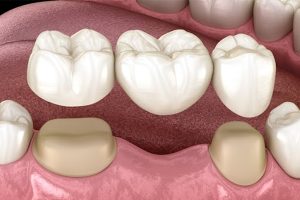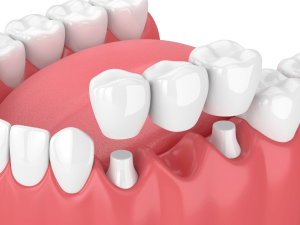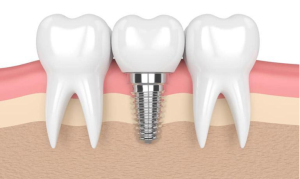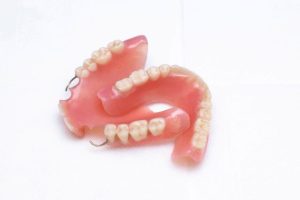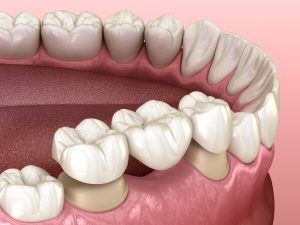Table of content
The cost of molar implants is a concern for many people when they lose this group of teeth. The price of molar implants will depend on the method of restoration, the condition of the patient’s teeth, and the dental clinic performing the procedure.
1. What are Molars? The Impact of Losing Molars
Molars, also known as the sixth tooth, are a type of posterior tooth. They play a crucial role in chewing and grinding food.
Many people confuse molars with wisdom teeth. In reality, molars are the sixth tooth, while wisdom teeth are the eighth.
Wisdom teeth, which have minimal chewing function, are often recommended for extraction by dentists if they are impacted, misaligned, or embedded, as they can affect oral health.
The loss of molars can result in several consequences:
- Impact on Chewing Function: Molars endure significant pressure during chewing. Therefore, losing molars can reduce chewing ability by over 70%. Notably, losing molars on both sides can lead to dysfunction in chewing, manifesting as pain around the ear, in the temporomandibular joint, and in the face.
- Digestive Issues: Reduced chewing efficiency means food is not properly ground, placing extra strain on the stomach, which then works harder. Over time, this can lead to various gastrointestinal issues, including constipation, gastritis, and colitis.
- Bone Loss and Premature Aging: Without the chewing force, the bone in the area where the molar is lost will gradually deteriorate, leading to a series of other problems such as gum recession, sunken cheeks, and sagging skin. This causes individuals to appear older than their actual age and complicates future dental restorations.
- Malocclusion and Jaw Misalignment: Surrounding teeth will often shift and tilt into the gap left by missing molars. This misalignment can result in malocclusion and jaw misalignment, making chewing increasingly difficult.
View more: Don't let a Missing Tooth stop you from living life to the fullest!

2. Should You Replace Missing Molars?
Molars are crucial for chewing and grinding food, so losing them significantly impacts both chewing function and overall health. Therefore, it is advisable to proceed with tooth replacement methods as soon as possible after losing a molar, before bone loss in the jaw occurs.
3. Optimal Methods for Replacing Molars
Currently, there are several effective methods for tooth replacement, including removable dentures, dental bridges, and dental implants.
Removable dentures are a cost-effective method of tooth restoration that does not affect the surrounding teeth. However, the drawbacks of this method include poor chewing ability, low durability and lifespan, and it does not prevent bone resorption at the site of the missing molar.
Dental bridges, while offering better chewing ability than removable dentures, also cannot prevent jawbone resorption. Moreover, this method does not preserve natural teeth, as it requires grinding down the adjacent teeth (teeth number 5 and 7) to serve as supports for the bridge replacing tooth number 6.
Dental implants are currently the optimal method for tooth restoration. By using an implant post to replace the root of a lost tooth and a dental crown that resembles the natural tooth, dental implants offer several superior advantages over removable dentures and dental bridges, such as:
- The implant post is made entirely of titanium, which is biocompatible, durable, strong, and capable of withstanding significant forces.
- Chewing ability is restored effectively, up to 90% of that of natural teeth.
- High aesthetics with a natural tooth color, helping users feel more confident.
- The implant can last a lifetime with proper care.
- It maximally preserves surrounding natural tooth structure.
- It helps prevent jawbone resorption, gum recession, and other oral health issues such as periodontal disease, gingivitis, tooth decay, and bad breath.
4. Elite Dental – A Trusted Molar Implant Provider in Ho Chi Minh City
The success and long-term durability of molar implants depend greatly on the skill level of the dentist.
Elite Dental proudly boasts a team of highly skilled dentists who have undergone advanced training in Implantology in France, Japan, and other countries. These dentists are frequently invited to present and teach at prestigious scientific conferences worldwide. With over 15 years of experience in dental implant procedures, they have successfully completed numerous implant cases. Furthermore, our dentists continuously update their knowledge and improve their skills to provide the best service for our clients.
Moreover, when you choose Elite Dental for your implant needs, you can be completely assured of:
- Modern equipment imported from Europe, specifically designed for implant procedures and meeting the standards set by the Ministry of Health, such as 3D CBCT imaging machines, Anthor surgical chairs, Piezo machines to reduce surgical trauma, and lasers to accelerate healing.
- High-quality implants sourced directly from the USA, Europe, South Korea, and other reputable manufacturers.
- An international-standard implant procedure offered at a reasonable cost.
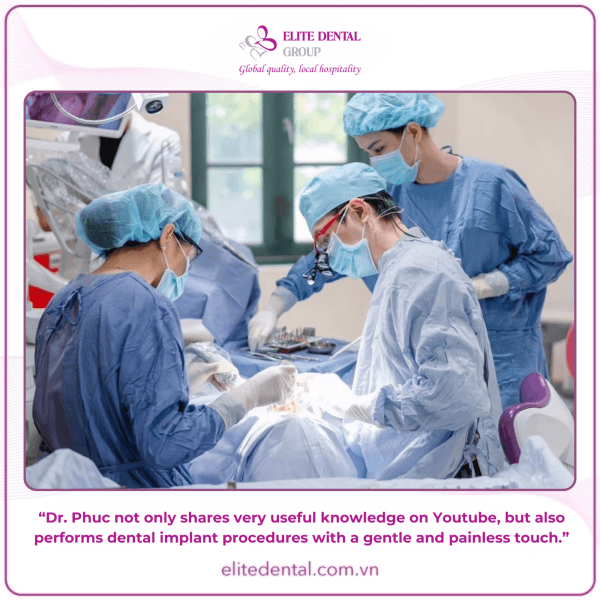
5. How much does it cost to implant a molar?
The cost of a molar implant is calculated based on the following formula:
Implant cost = Implant fixture price + Abutment price + Crown price + Additional treatment service fees (if any).
Here is the cost table for implanting molars (including Abutment) and crowns at Elite Dental:
| Type of Implant | Origin | Warranty Period | Cost (VND) |
| Implant Korea | Korea | 5 years | 26.000.000 – 29.000.000 |
| Implant Hahn | America | 10 years | 35.000.000 – 38.000.000 |
| Implant Neodent | Switzerland | 10 years | 35.000.000 – 38.000.000 |
| Implant Straumann | Switzerland | 10 years | 40.000.000 – 43.000.000 |
| Type of Implant | Cost (VND) |
| UNC All-Ceramic Tooth. | 5.000.000 – 6.000.000 |
| Zirconia All-Ceramic Tooth | 8.000.000 – 10.000.000 |
The above outlines what you need to know about molar implants. It is evident that molars play a crucial role in chewing, especially in grinding food. Therefore, if you lose a molar, you should consider getting a restoration as soon as possible to avoid impacting chewing function and preventing jawbone loss.
Related posts: > Are fixed dentures worth it? What is the cost? > How long does the denture process take from start to finish? > Is Getting Dentures painful? Which method is the least painful?



